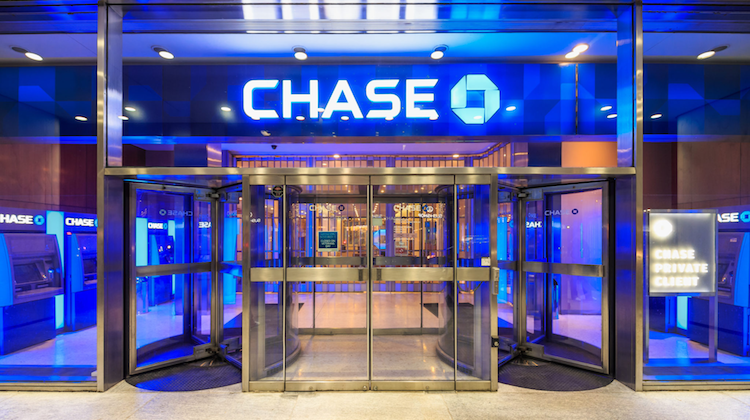Payments
Chase is using memes and GIFs to bring millennials to QuickPay
- Chase is rolling out a GIF campaign across its social media channels to build customer relationships and promote its peer-to-peer payments feature, which is powered by Zelle
- The campaign signals a shift in banks’ digital marketing and messaging to customers as their interactions with every other brand become faster, more personalized, more relevant and more meaningful








